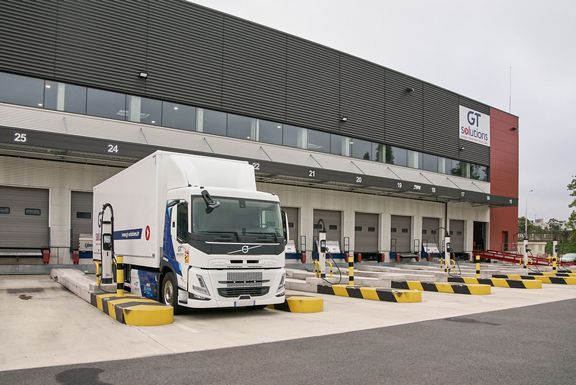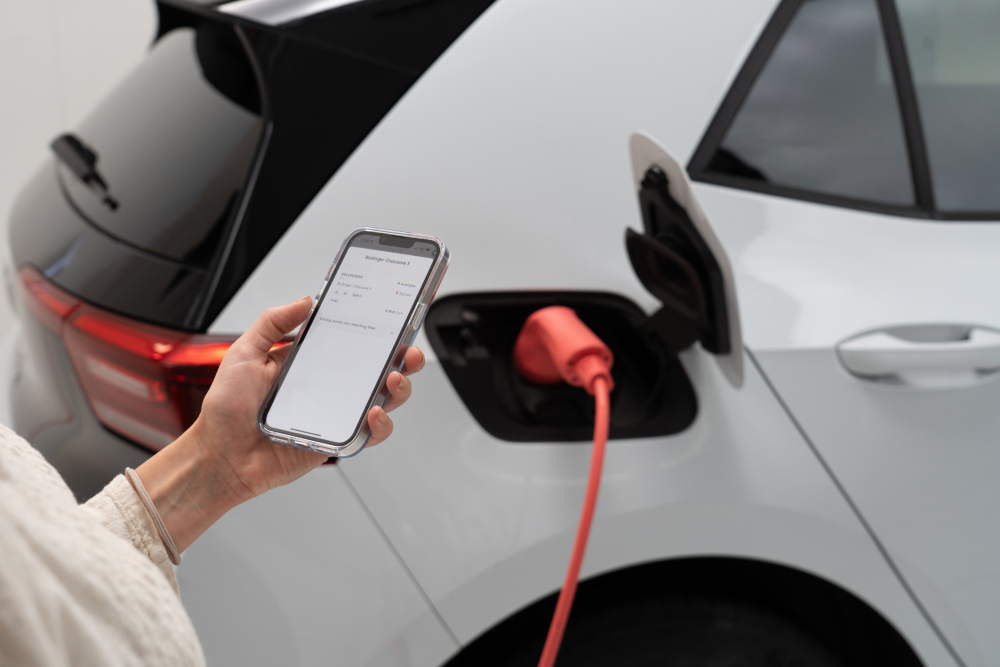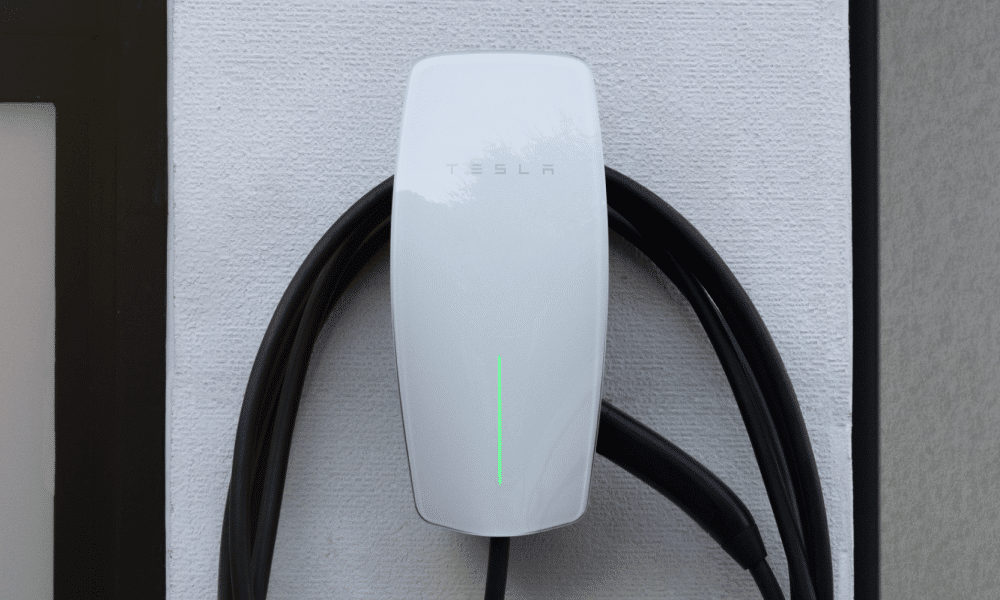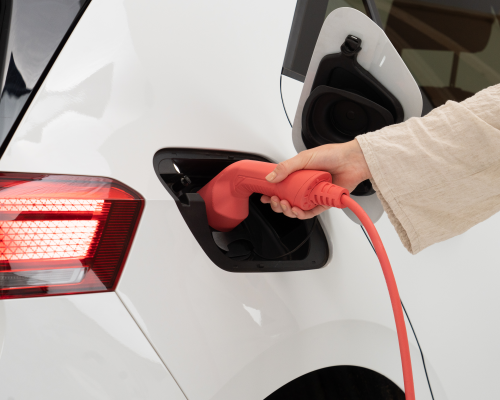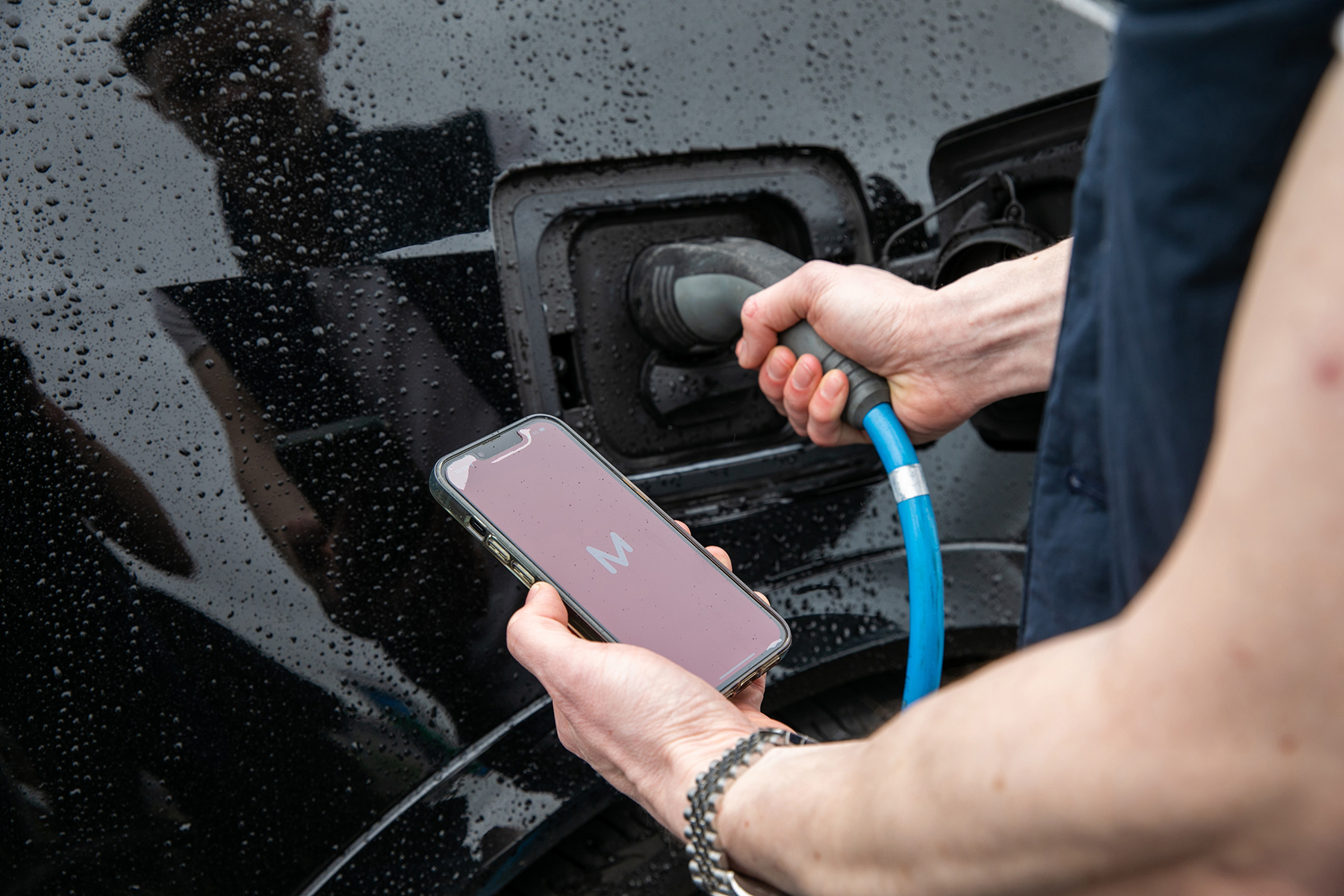
Data collected over the last 12 months across Monta SmartCharge app users has shown that almost 70,000 SmartCharge sessions were optimised for cleaner, greener charging. Each charge avoided an average of 203g of CO2. In comparison, a 'regular' SmartCharge session that’s just price-optimised avoids an average of just 37g - this is a 4.5X reduction in CO2 impact in every single charge.
Most SmartCharges are price-sensitive, prioritising charging at a time when prices are low, such as overnight, but often with much higher CO2 emissions - delivering very small CO2 savings in price per kWh.
Through the strategic partnership, Monta SmartCharge app users can charge their EVs when energy is the cheapest, but also when the carbon intensity of electricity is lower and production from sustainable energy sources is higher.
Monta receives granular carbon intensity data from Electricity Maps via one standardised API, which then informs two variables in the SmartCharge algorithm - charging when CO2 is lowest and charging when electricity is primarily from renewable sources.
The integration of carbon intensity data from Electricity Maps makes the combination of both price and emissions reduction variables possible, which Monta says is very different from most other smart charging algorithms which only consider price variables.
Commenting on this successful partnership, Monta’s Alok Dubey, said: “We entered this partnership to enhance EV charging with a focus on reducing carbon emissions and what we have achieved is to provide users with the freedom to set their SmartCharge preferences based on what is most important to them - CO2 intensity, charging from renewable energy, or price. Our SmartCharge algorithm then uses these settings to determine the optimal, bespoke charging schedule.”
The more EV owners who choose greener, cleaner charging, the better it is for the planet and reducing global carbon emissions. The goal for Monta now is to increase the total number of SmartCharge users and increase the percentage of EV owners optimising their charges in this way. During the first quarter of 2024, the number of people choosing to charge this way rose by 48%, which is evidence of consumer demand for a greener, cleaner future of EV charging.



